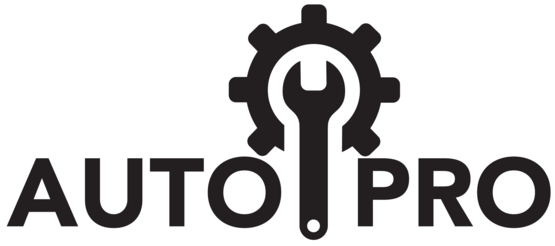Fuel for Thought
January 19, 2020
If you're like most people and drive a gasoline-powered vehicle, you need to be up to speed on its fuel-related components. They're pretty basic: the fuel, the fuel filter and the fuel pump.
The fuel's the easy part. You probably gas up your vehicle yourself and, if you're like most drivers, price is a big factor in what you put in your vehicle. Maybe you think it doesn't matter what kind of gasoline you buy, but one major automobile association has found it does make a big difference.
Their study showed that the additives that are put in different brands can affect your vehicle's performance. Certain gasoline retailers sell gasoline that meets performance standards called Top Tier. The detergents used in Top Tier gasoline help protect newer engines from carbon buildup and deposits on intake valves, all things that can affect how smoothly your engine runs, how it accelerates and what kind of fuel economy you get. You can check online or ask your service advisor where to buy Top Tier gasoline.
Another fairly simple component is the fuel filter. Depending on the age of your vehicle, you either have a separate fuel filter or one that's part of the fuel pump. The fuel filter keeps the crud out of your engine's fuel injectors. You'll get a hint that your fuel filter might be clogged if you notice your vehicle won't start, your power isn't what it used to be, your fuel economy is suffering or your Check Engine light is on.
Check with your service advisor to see what your vehicle manufacturer's recommendations are on how often to service your fuel filter. Regular maintenance can prevent expensive repairs in the future.
Finally, the most complicated part: the fuel pump. As you may have guessed, it is the part that gets the gasoline out of the tank and into the engine. If the fuel pump starts to fail, it can make a clicking or whining noise when your vehicle is running. Your engine may misfire, lose power while driving or might be hard to start in the morning. And that Check Engine light might go on. One thing that helps prolong the life of a fuel pump is keeping your gas tank at least a quarter-tank full at all times. It helps lubricate and cool the pump. If you've detected some of the symptoms of fuel pump failure, tell your service advisor.
Knowing a little about your fuel system really can be a gas!
Need Service?
More articles from Auto Pro Troy Auto Repair

Do I Need Brake Service? (Brake Service)
February 16, 2025
Think of how many times you put your foot on your vehicles brake pedal every day. And think of how much you rely on your brakes to slow down and stop your momentum. When it comes to safety systems, your brakes are at the top of the list, and thats why its so important to keep them in top condit... More

Getting Off to a Running Start (Starter Replacement)
February 9, 2025
When you start your vehicles engine, theres another motor that makes that whole process possible. Its called the starter, and its a small electric motor that gets your vehicle running. As you can imagine, its quite a chore for a little electric motor to turn over the big engine that powers you... More

Braking Good (Brake Drum Replacement)
February 2, 2025
Maybe your vehicle feels like Breaking Bad. In other words, when you brake, things are bad. You may find it takes you a longer distance to stop, you feel a vibration, or its pulsating when you depress the brake pedal, or perhaps your vehicle pulls to one side. Those can be symptoms of failing b... More










